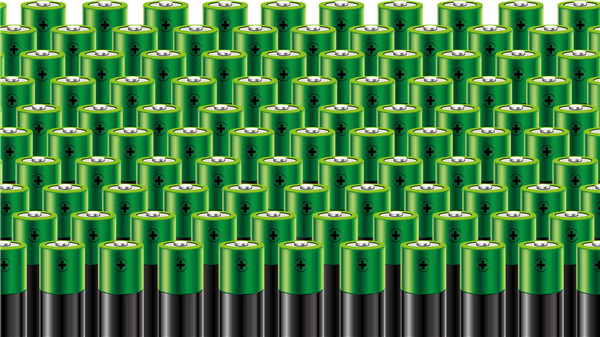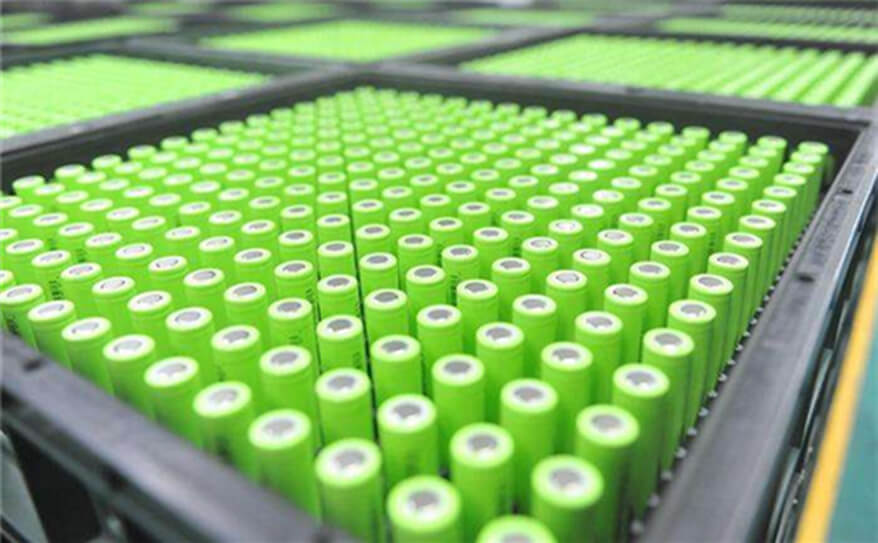Storing Lipo Batteries in Refrigerator
Jun 15, 2019 Pageview:2838
A new invention that’s more environment-friendly and more convenient to adopt is Lipo batteries. Their overall performance and safe usage make them many ways better than R/C batteries. After delivering all the benefits, the real deal lipo batteries require from you is care. If you use lipo batteries carefully such as charge, discharge, store, maintain and handle with care you can increase their overall life to many years.
Maintaining a hot battery is the biggest challenge when it comes to taking care of the lipo batteries. The hot temperature of a lipo battery can bloat it up and damage its overall performance. Using such puffy batteries is dangerous not only for the health of your appliances but the overall safety of your surroundings. Therefore you must keep up with the temperature of lipo batteries while storing them.
What is an ideal storage temperature for Lipo and ways of storing them in cold areas to freeze the damages, here is the complete guide:
Lipo Storage Temperature:
Here is a guide and points; you need to know about Lipo Storage Temperature:
· If your room temperature is between 40 and 70 degrees Fahrenheit, store your batteries here for best results. This is when you store batteries for less than 48 hours.
· For longer periods storages that involve more than a week time, make sure batteries are half charged. By doing so, you can save your battery’s health.
· Keep your batteries safe from keeping in direct sunlight even when it is packed for too long.
· During pick and drop sessions, when a battery needs to stay in vehicle, maintain its temperature between 20 to 150 degrees Fahrenheit; neither less nor more.
· Batteries with temperature of 170 degrees Fahrenheit cannot be stored for more than two hours without creating damages. So keep the temperature less.
· The charger that you should use to charge lipo batteries is the one that’s made for these batteries. Don’t ever use other battery chargers like NiCd/NiMH for charging lipos.
Freezing lipo battery Damage:
When it comes to freezing the lipo battery damages here are some ways:
1.When it comes to storing lipo batteries in locations with more heat and not an organized cold such as garages, cars, and places getting direct sunlight, make sure you don’t store your lipo batteries there. The ideal temperature of strong places must not be higher than 80 degrees Fahrenheit while less than 40 degrees Fahrenheit.
2.Don’t ever leave your batteries alone while charging because an overcharged battery can be the reason of serious damages for appliances and surroundings. Keep an eye on the charging process and keep the temperature maintained.
3.Lipo batteries come with two leads; one is positive while the other one is negative. Makes sure these leads don’t touch each other. If positive and negative leads come in contact, short circuits can occur. So, while cutting terminal wires, try to cut wires with positive and negative charges separately to freeze their contact and battery damage.
4.If you see that a battery has got larger than its size such as swelled or bloated, the battery is no longer in use. Therefore, don't ever try to charge and use it as it can cause fire.
5.Sometimes batteries bloat up during charging processes, therefore, you need to keep the damages. To keep the damages follow this guide:
· Take out charger from connecting and disconnect the charging devices.
· Bring your battery out from the device where it was attached for electric power.
· Now, place the battery in an open area. However, make sure it is not flammable.
· Often bloated batteries take less than half hour to blast. Therefore, remain at enough distance from the battery for at least 30 minutes and check if it gets blasted or not.
· Now, it is time that you dispose of the battery safely.
6.Your batteries also need examination before charging. Sometimes, we cannot see the swelling battery and charge them that result in appliance and environmental damages. Therefore, before charging the batteries:
· Inspection before charging for swelling, damages and tearing.
· Done charge a swell, damaged, or leaking battery.
· Dispose of the battery.
7.If you don’t see damages in the battery, you can use it.
8.Keep your batteries away from the places that are prone to catch fire such as wooden surfaces, carpets, near curtains, or any other device with higher temperature. Charge them in the containers with fireproofing system.
9.Store your lipo batteries in places with low temperature lying between 40 degrees Fahrenheit to 80 degrees Fahrenheit.
10.Do not let children, pets, or people with no sense of safety come in contact with lipo batteries.
Will Storing lipo batteries In Refrigerator Affect Lifespan?
As we have talked about finding the means to keep up with the temperature of lipo batteries to increase their lifespan, here is the method. Strong lipo batteries in refrigerators will surely increase their lifespan and effect the battery positively. Many types of research and studies have been conducted in this regard that proved refrigerator storage of lipo batteries good for their health. However, the increment in life after refrigeration is dependent upon the type of battery. The types include:
· Alkaline lipo batteries. During studies and experiments, these batteries give good response to storage in the refrigerators. These batteries hold the charge for extended periods after refrigeration. Alkaline lipo batteries do self-discharge at room temperatures that are equivalent to 2 percent in one year. With refrigeration storage, this self-discharge will not happen and so the life of battery and its power will increase.
· NiMH batteries also showed very positive response on refrigerator storage and studies found battery life to be increased 90 percent after refrigeration. These worked better and longer. The rate of self-discharge in NiMH batteries is greater than the alkaline ones. Therefore, to diminish their rate of discharge refrigeration storage becomes a lifeguard.
Other types of batteries than Lipo and NiMH show no response on refrigerator storage and there have seen no increase in their lifespan.
- Prev Article: Method of Reconditioning Lithium Ion Batteries
- Next Article: Lithium Battery Inverter
Leave Message
Hottest Categories
-
Hottest Industry News
-
Latest Industry News











